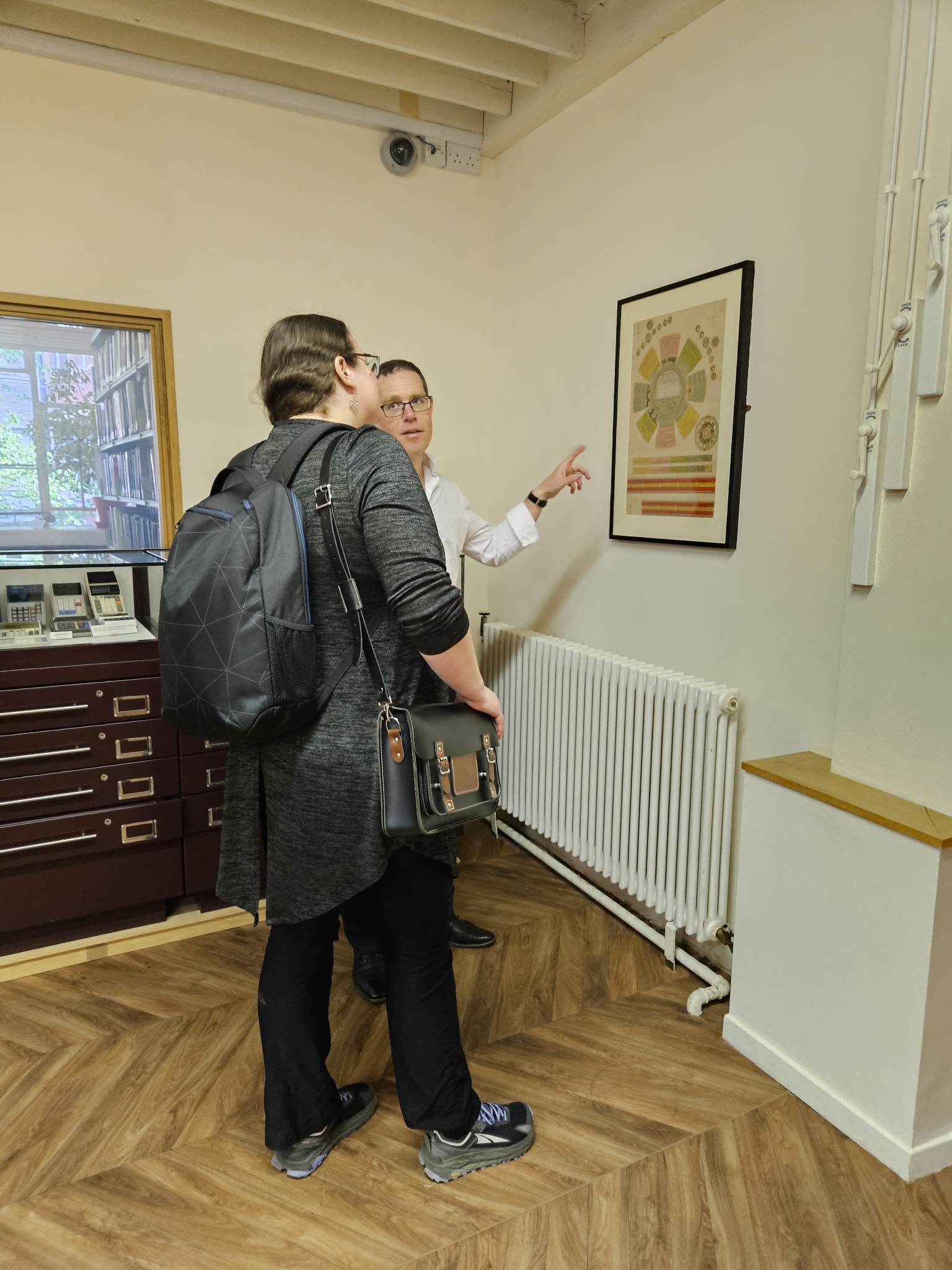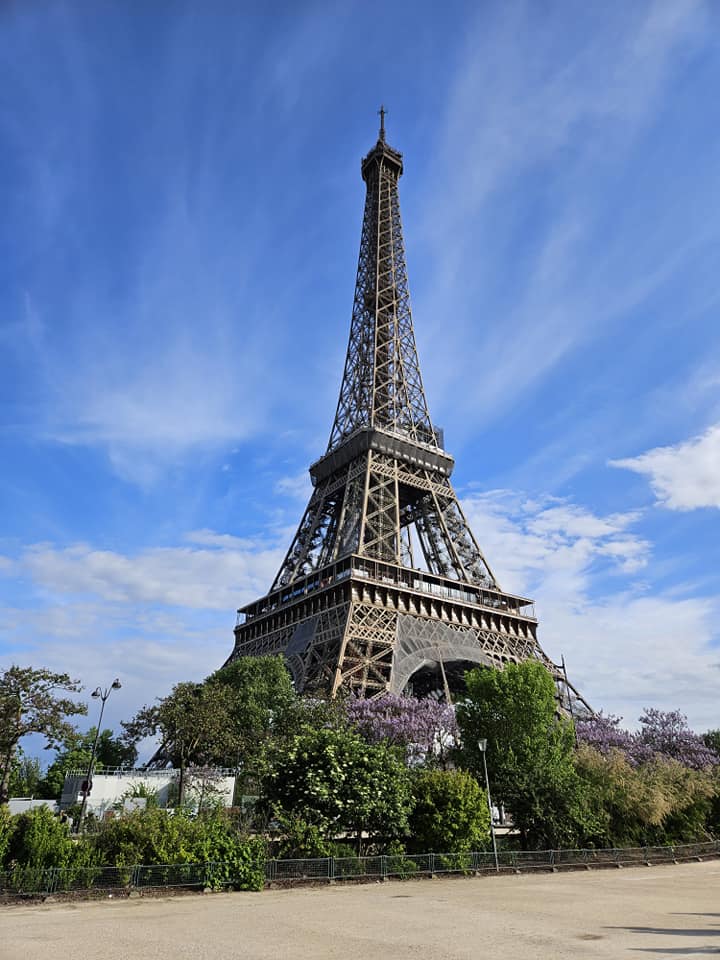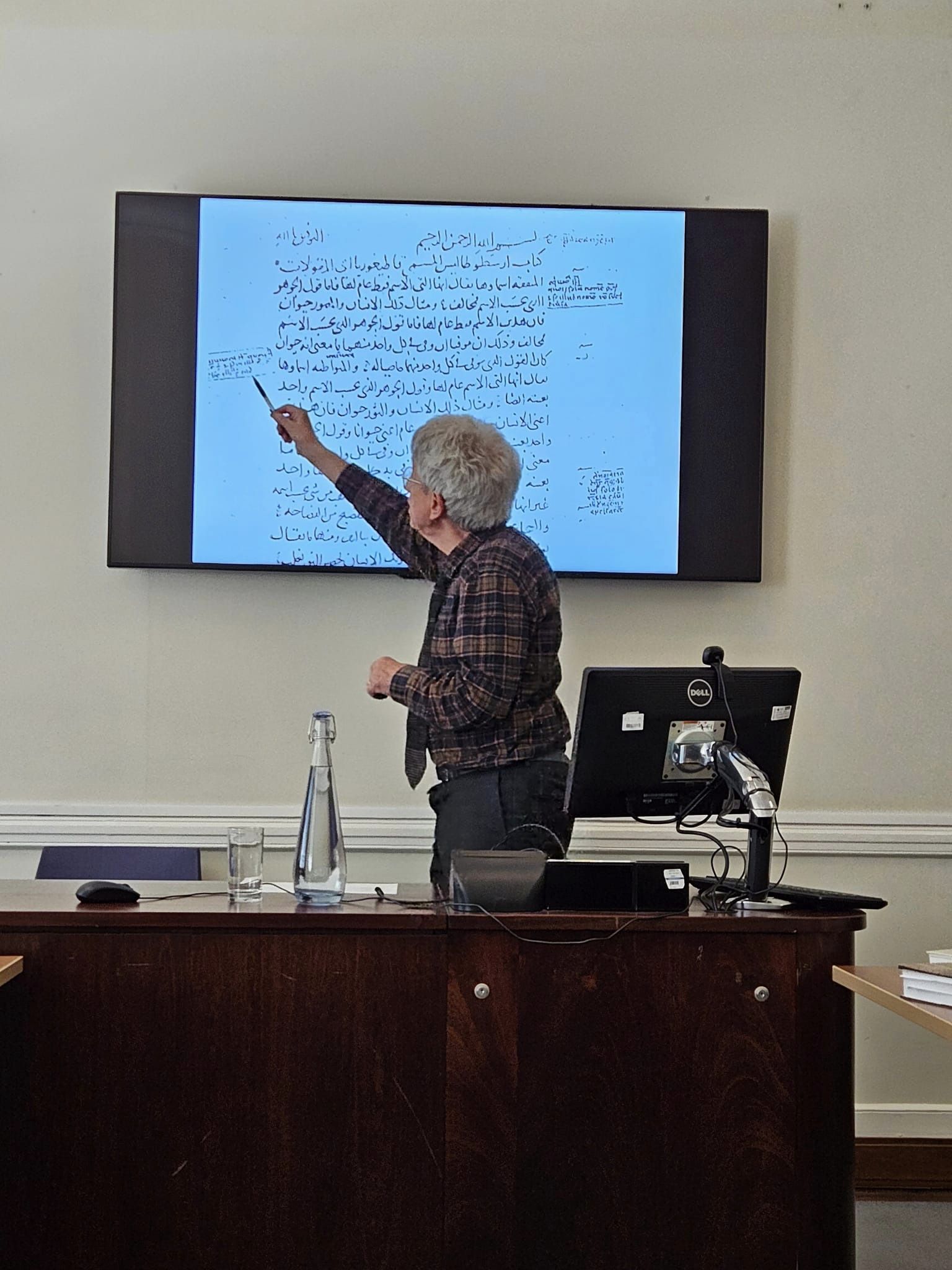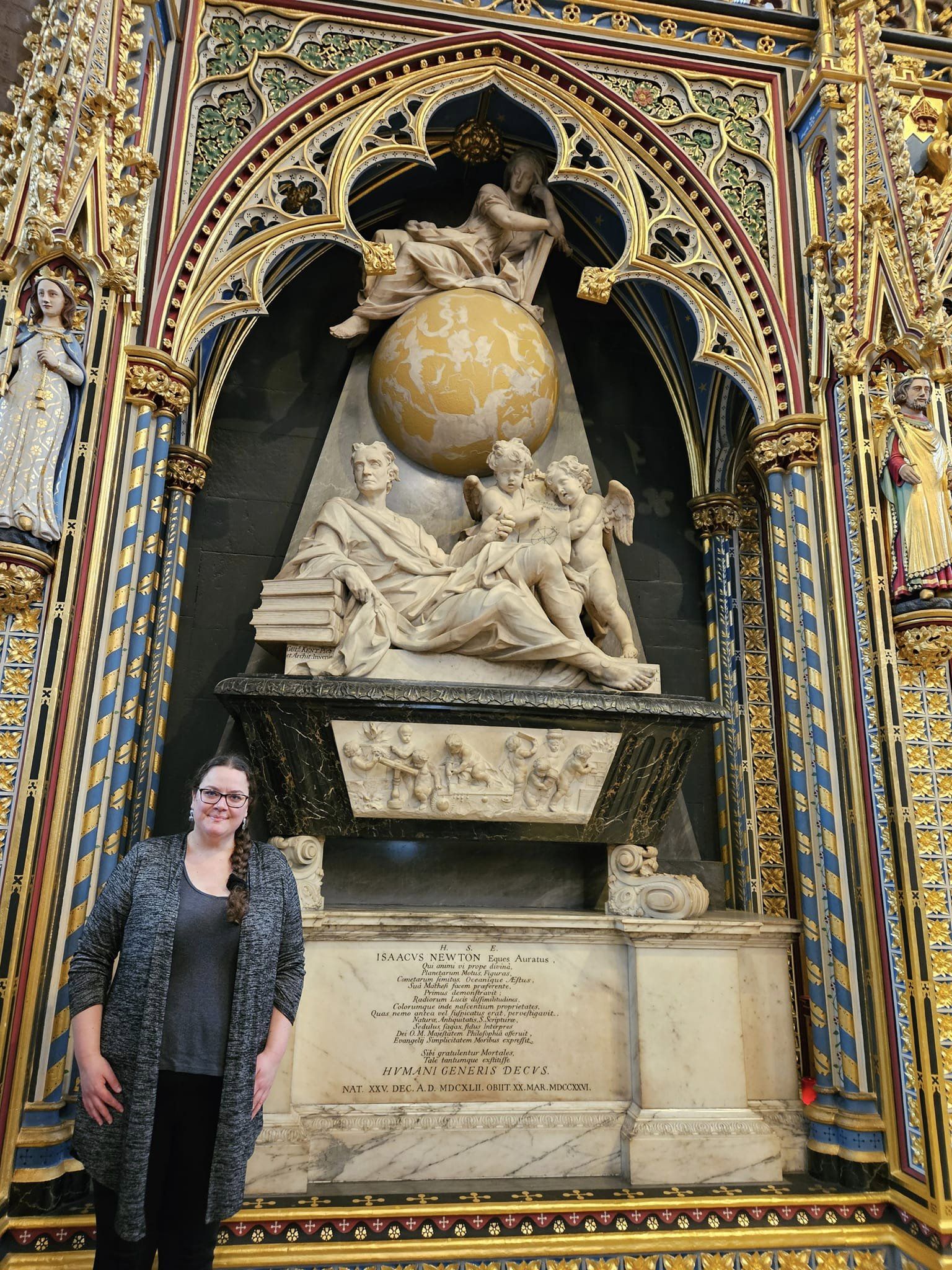BBCC Instructor creating new course after traveling abroad in Europe
One of the biggest advantages about traveling and experiencing these places in person was that it gave me a more realistic perspective – you can visualize the spaces and the people in a more specific context – and I definitely walked away with an extensive reading list,
MOSES LAKE – Big Bend Community College Chemistry Instructor Lindsay Groce recently returned from her Sabbatical in Europe. Drawing on experiences from her travels, she plans to create a new course to be offered at Big Bend in the Spring of 2024.
Groce spent the entirety of Spring Quarter abroad, traveling the United Kingdom and France learning about the history of science in the places that science had some of its early beginnings.
The goal of her sabbatical was to take what she learned in Europe to create a cross disciplinary course called SCI/HIST 105: Introduction to the History of Science. This course, which will be offered Spring Quarter 2024, is the first cross listed course to ever be offered at Big Bend. This is significant because the course can be taken as either a natural science or social science elective, depending on the student need.
“I think that one of the best ways to engage students in a subject is by storytelling,” said Groce. “The history and development of science makes for a good narrative. Maybe the students don’t love to do the algebra required for gas law problems, but they might be interested to know that Jacques Charles (of Charles’s Law fame) was a famous hot air balloonist and was attacked by villagers when he was ballooning over the French countryside one afternoon because they thought he was a sky demon. I’m always looking for the details to help make things stick. Getting more fodder for my storytelling will enhance all of my classes, not just my new SCI/HIST 105 course.”
To record and share her experiences and what she learned, Groce set up a Facebook page and a blog. She recorded not only what she had planned to do and learn, but all the small pieces and rabbit holes she went down along the way. As Groce said in one of her blog posts, “You just never know where research will take you – from Handel to Holmes.” As in George Handel, a Baroque composer, to the fictional detective Sherlock Holmes.
One of her favorite parts of her sabbatical was when she was in Cambridge and went on a tour of the Whipple History of Science Museum with a local professor, Dr. Seb Falk, who also happened to be the author of a book she was reading called ‘The Light Ages: The Surprising Story of Medieval Science’.
She said she didn’t get as much time in Paris as she had initially planned but she had the chance to visit Marie Curie’s lab while there and it was another highlight of her trip. Mari Curie was a Polish-French physicist and chemist who received two Nobel prizes, one in chemistry and one in physics, amongst other prestigious awards for her work in radioactivity and discovering polonium and radium.
“I learned a lot about the big names – Newton, Boyle, Darwin, Curie – so, of course, discussions around their histories and roles in the development of their various scientific disciplines,” Groce said. “I think a big take away from me was some of the more atmospheric stuff – what was happening in Europe at the time. How were people able to do science (and be able to afford to live)? What resources were available? What incentivized people to innovation?”
Creating the course has been a bit of a challenge for Groce because she said there are not a lot of models to go off of, but she is excited to provide a non-lab science that won’t have any prerequisites.
“One of the biggest advantages about traveling and experiencing these places in person was that it gave me a more realistic perspective – you can visualize the spaces and the people in a more specific context – and I definitely walked away with an extensive reading list,” Groce said.
Groce said as part of that reading list, she is currently reading a great book called ‘Longitude: The True Story of a Lone Genius Who Solved the Greatest Scientific Problem of His Time’ by Dava Sobel. She said it was recommended to her when she went to the Royal Observatory in Greenwich. There she saw the Flamsteed House with John Harrison’s (the Genius in the book) original clocks which were able to accurately tell time at sea and therefore be able to determine longitude.
“One of the fascinating parts for me are all the politics around this race to discovery – who funded the research, what barriers stood in the way of those ‘competing’, how little humans have changed from a human nature standpoint,” said Groce.
Groce is also set to be the Fall Passion Project Speaker on November 9, starting at 4 p.m. Big Bend started a quarterly event in Winter 2021 to feature the works of wonder that inspire members of our school community called the Passion Project.
To read about what she learned in her own words, or to see pictures of her adventures, check out her blog at lindsaydoesscience.com or on Facebook under Lindsay Does Science.







